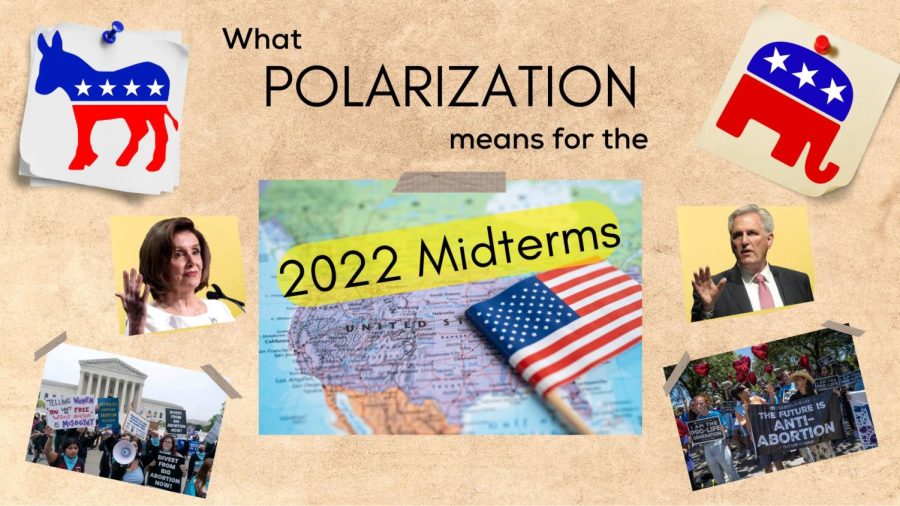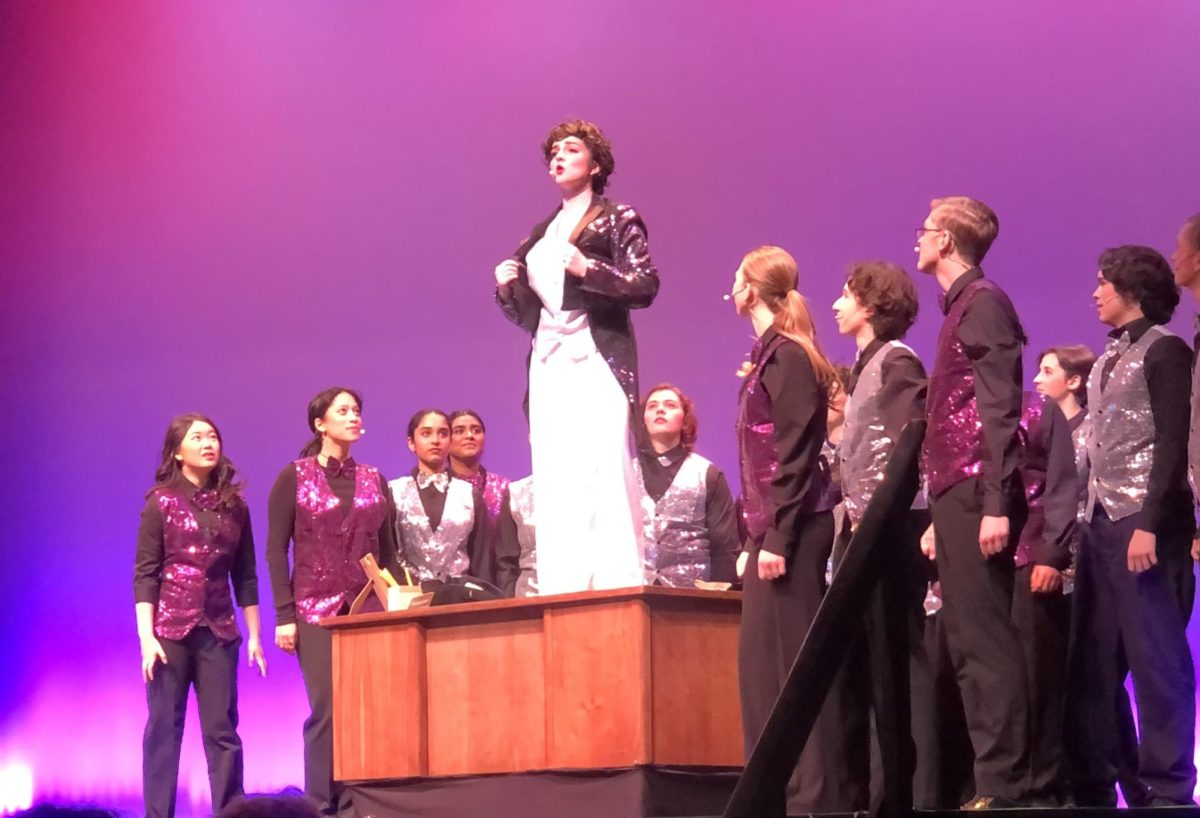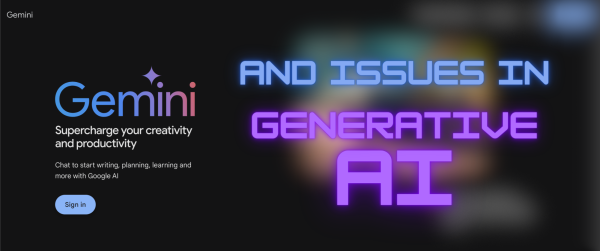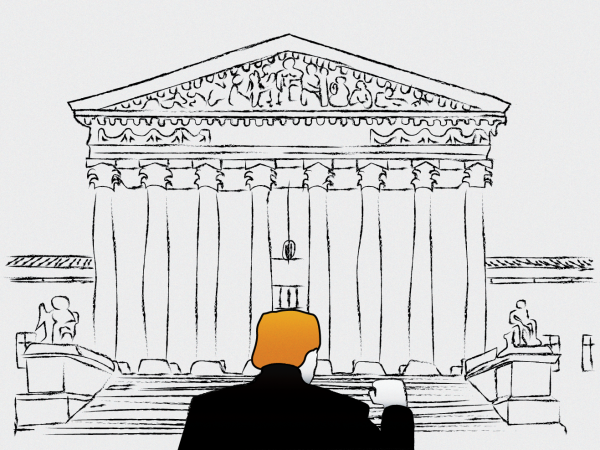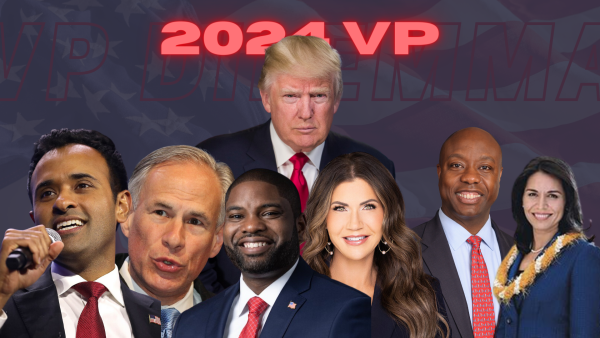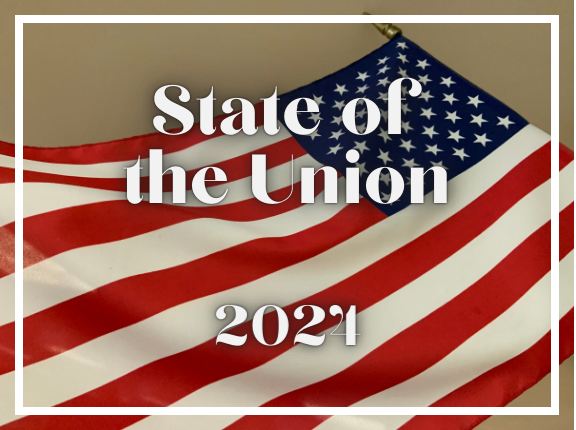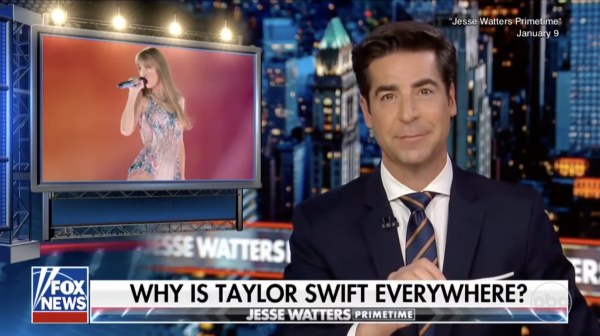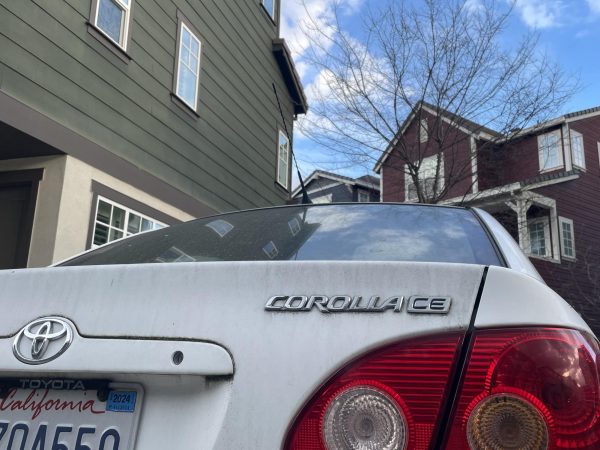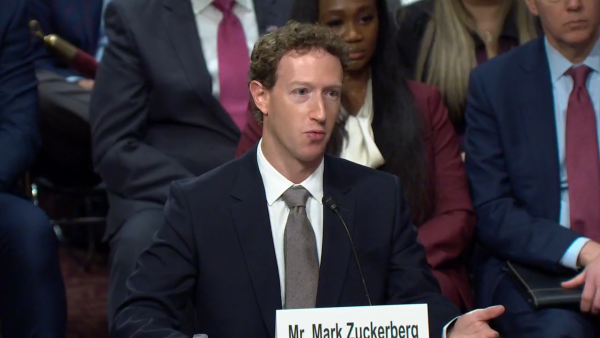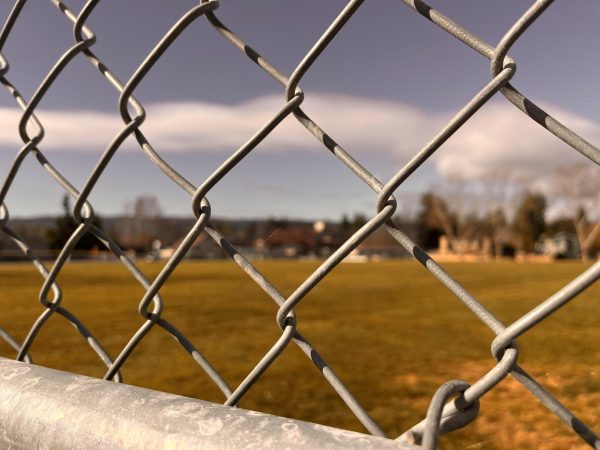The political divide: What to expect in the 2022 midterm elections
The election craze has generated chaos among voters, fueling polarization to levels unseen prior.
October 2, 2022
Every two years, America holds a “midterm” election, voting in about one third of the Senate and the entire House of Representatives. This upcoming midterm has increased activity in the American political sphere, with ballots being cast on November 8th.
“The former president has been rallying his base, I think, with an eye towards a possible 2024 run, so we may see increased turnout,” said AV Competition Civics teacher Stacy Sklar.
Similarly, opposition to the former president’s party will likely increase turnout on the other side, paralleling the unprecedented turnout of the 2020 election.
“Donald Trump and MAGA Republicans represent an extremism that threatens the very foundations of our republic,” said Incumbent Democratic President Joe Biden in an address on September 1st.
With both sides gathering their strength, voters are quick to jump on contemporary issues and potential resolutions for them, alienating each other in the process.
“People are increasingly moving to the poles; people are becoming increasingly divided and feeling more empowered to drop the rules of civility,” said Sklar
Polls have reflected this polarization, with 62% of Americans feeling strongly about Biden based on party lines.
“In our memory, this is a particularly divisive time. I can’t remember a more divided time as a voter,” said Sklar.
In addition, polling data shows that voters support institutions and ideas based on concurrence with one’s own views, most relevantly the Supreme Court. The majority of Democrats, opposing the Roe v. Wade ruling, see the Supreme Court as politically motivated, while the majority of Republicans, supporting the Roe v. Wade ruling, see it as legally motivated.
“I attribute it to politicians fanning the flames of division, the media no longer having to maintain a fair balance of opinions and enabling stations that have more of a slanted perspective to affect different populations that watch them,” said Sklar.
While results of the election remain uncertain, it is clear that the few moderates on both sides will determine whether it is a Republican or Democratic victory. Key to the election will be the issue of inflation, which has been negatively impacting the American economy for months.
“The party who promises economic reform [would have] a massive advantage over the other,” said Mike Lui (‘25).
Outside of economic issues, cultural disputes will also be important to voters, especially abortion, with almost one fifth of voters deeming it as the election’s most important issue.
“We may see increased turnout as fallout from people that are upset with the Roe v. Wade ruling this summer,” said Sklar.
For the Democrats to “win” the election, they must maintain or expand their current control of Congress, holding a 222-213 lead in the House of Representatives and a 50-50 lead in the Senate, leading because of Democratic Vice President Kamala Harris.
“[In the event of a Democratic victory], the Democrats could have a chance at winning the 2024 election, as the main thing holding them back right now is filibusters. If they get a high enough majority, they can pass a lot of things on the table,” said Lui.
A Republican victory, meanwhile, would entail them acquiring a majority in the Senate or House of Representatives, an outcome that political forecasts deem likely.
“[In the case of a Republican victory], we would probably see the loosening of gun control laws, loosening of climate change bills, possible lowering of minimum wage, and a reduction of government intervention in the private sector,” said Lui.
No matter what happens, many students and teachers believe that it is important not to alienate those who hold different views and embrace one another in this time of national division.
“I think in general, midterm elections just don’t have much of a turnout at all; people almost forget they’re happening,” said Sklar.

